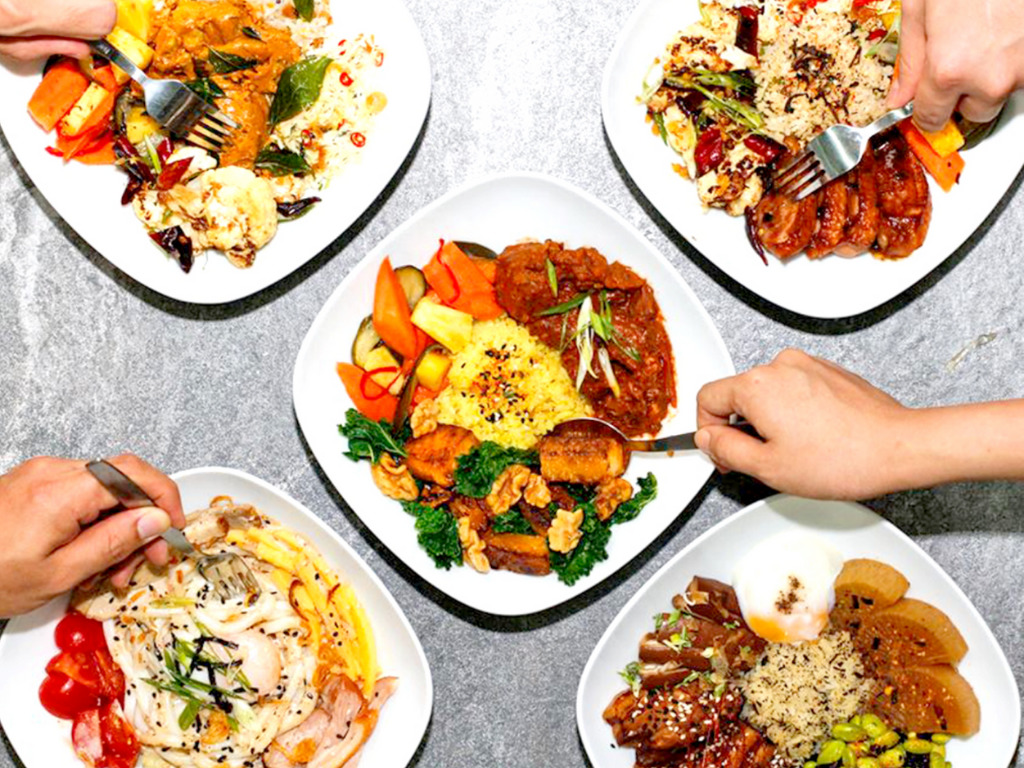4 Mins Read
According to a survey, around half of Chinese consumers agree that a healthy lifestyle has been gaining more importance over the past year. However, less than one-quarter, of consumers actually spend on healthy products.
AlixPartners, a global consulting firm, released the findings of its 2021 AlixPartners Health and Wellness Survey. It polled 6,064 consumers across China, France, Germany, Italy, the U.K., and the U.S. They were asked questions on health and wellness as well as healthy food choices in categories including alternative salty snacks, confectionery, meat alternatives, dairy, dairy-free alternatives and skincare.
Data reveals that over the past year, almost half (49%) of Chinese consumers believe that a healthy lifestyle has become more important, compared to the 2% who believe that it hasn’t.
Price as a deciding factor in consumer choices
Despite the growing interest in healthier products, only 23.1% of consumers say they are regularly spending their money on these items.
The main reason cited in the research is due to the prices of healthier products, with 35% choosing this as a top barrier among 12 possible barriers; 22% pointed to a lack of know-how whether a particular product is healthy. More than 20 percent said that there is a lack of these items in the stores and 14% claimed that the products were either not tasty or didn’t work as well.
“Consumers have a good understanding of what it takes to be healthy and a strong desire to embrace a healthier lifestyle,” Greater China leader of the consumer products practice at AlixPartners, Jian Li said in a statement. “But with many still viewing health-and-wellness products as niche, it is clear that there is some way to go before we see them occupying their rightful share of consumers’ wallets.”
Demand for healthier “TV dinners”
Findings highlighted that from all the food or non-food product category surveyed, consumers look most for healthy options in prepared chilled or frozen meals. These meals are most popular in France (61%), the U.K. (54%), and the U.S. (49%). Nearly 60 percent of the consumers surveyed said there was an absence of healthy frozen meals. Price was also a sticking point for 34% of consumers as was lack of knowledge (26%) and lack of taste (24%).
Consumers have a good understanding of what it takes to be healthy and a strong desire to embrace a healthier lifestyle. But with many still viewing health-and-wellness products as niche, it is clear that there is some way to go before we see them occupying their rightful share of consumers’ wallets
Jian Li, Greater China leader of the consumer products practice at AlixPartners

Sweets were also a big sticking point: 46% said that they wanted healthy confectionary options but there was a lack for healthy versions. But 36% stated that they didn’t find any use for a wider number of healthy confectionary products as they are usually “treats and pleasure”, and not meant for “health”.
Li further said that it is important for brands to move past just educating consumers on healthy living and rather support them in achieving their goals. “Demand for healthier products is now so high that, if they’re not doing so already, consumer product companies need to be making health and wellness a core part of their customer proposition.”
Demand for healthier alt protein
In China, the food product categories with the highest demand are dairy and egg alternatives, with 91% in favour of having more options in these categories. 27% of these consumers stated lack of understanding if the products are really healthy as a barrier to buying more of these items.
Demand for healthier products is now so high that, if they’re not doing so already, consumer product companies need to be making health and wellness a core part of their customer proposition
Jian Li, Greater China leader of the consumer products practice at AlixPartners

Elsewhere, 40% of German consumers want to see healthier traditional foods and alternative salty snacks. In Italy, 58% demand healthier options in meat alternatives, fresh meat, and seafood products.
In Germany and Italy, price is again the top obstacle to buy healthy products with 36% German consumers and 41% Italian consumers pointing it as a barrier among 12 potential barriers.
“Brands that thrive will be those who dedicate significant resources to making this shift(health and wellness), with a clear focus on driving innovation and value, and with a transparent and authentic approach to health and wellness issues. Consumers are increasingly alert to ‘health washing and expect to be able to buy products that have it all,” concluded Li.
Read: Vegetarians Score Better Health Biomarkers Than Meat-Eaters, New Study Finds
Lead image courtesy of Fete Up.




